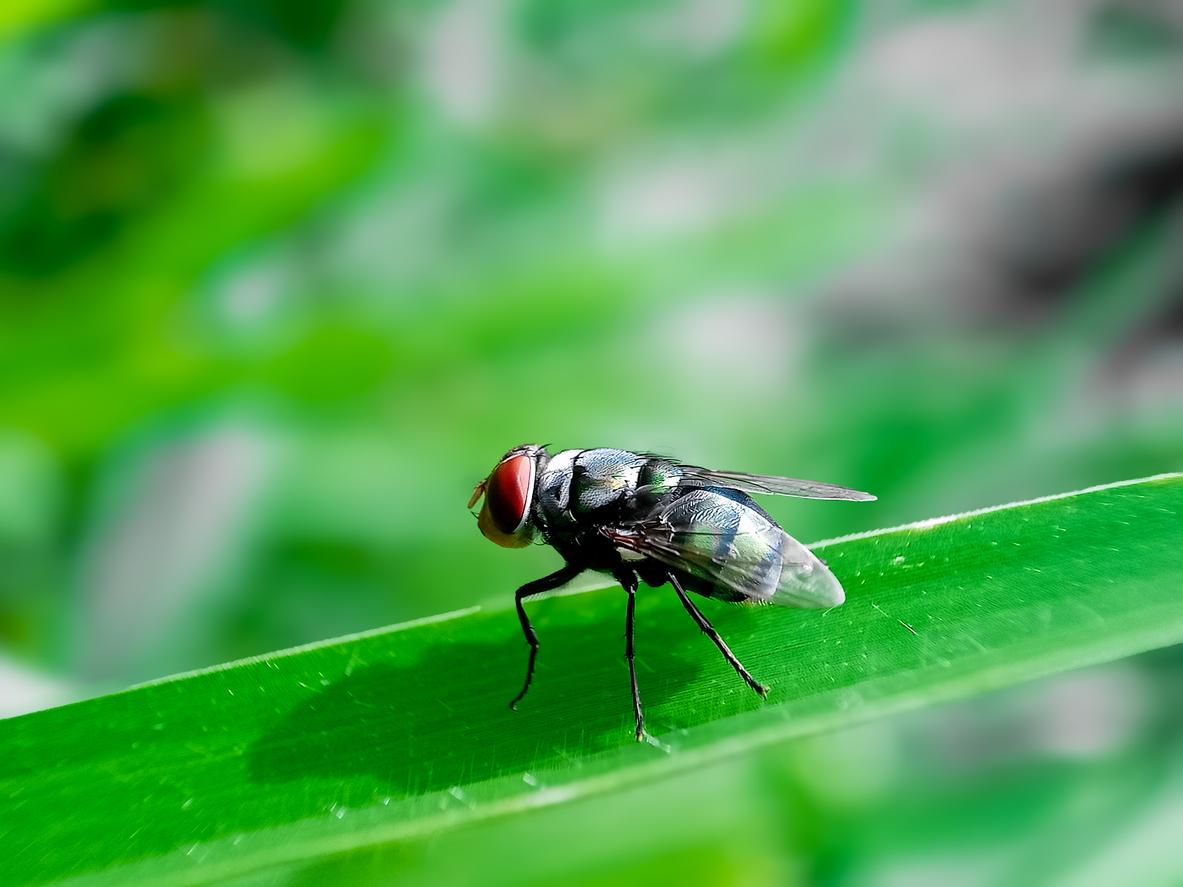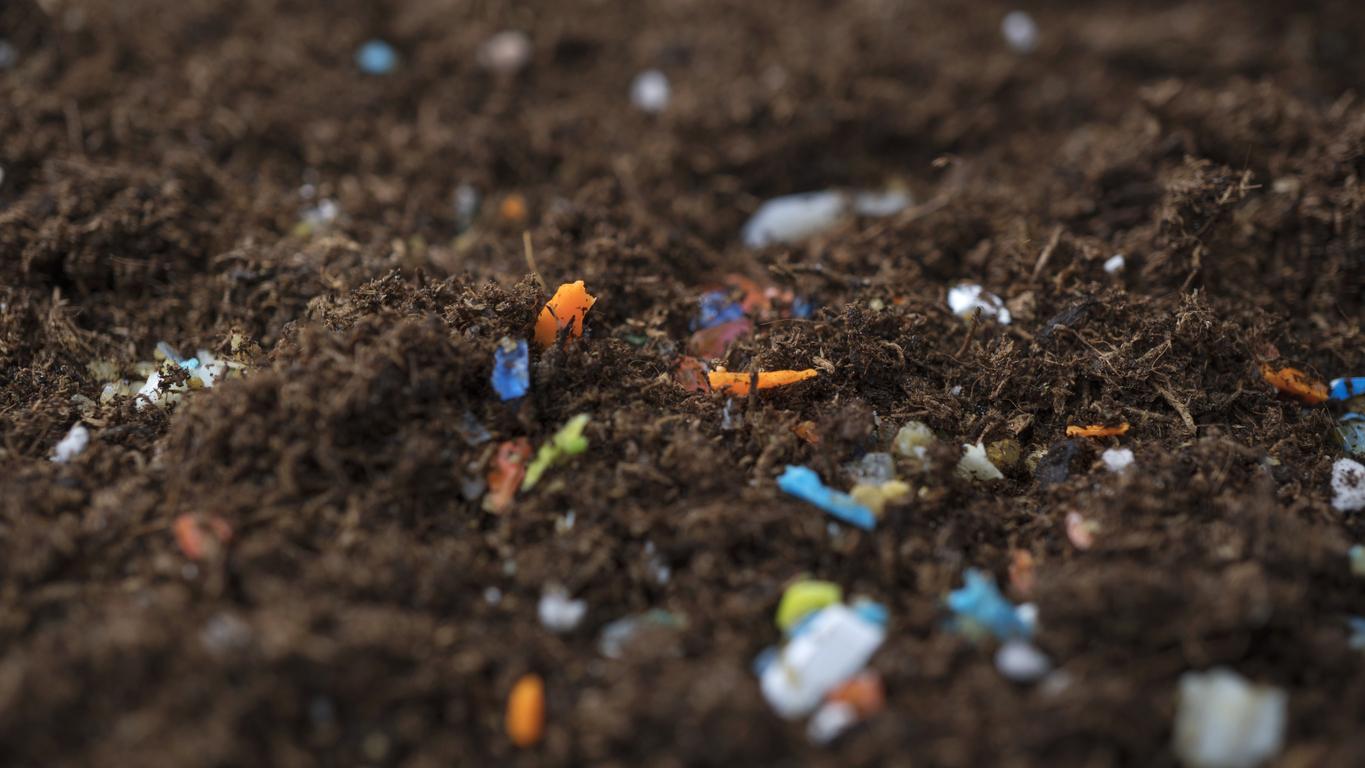A study by researchers at UC Berkeley shows that agrochemicals are responsible for increasing the transmission of the schitosome, a parasitic worm that proliferates in contaminated fresh water.

- Not only can pesticides accelerate the transmission of schistosomiasis, but they disturb the ecological balances of aquatic environments which prevent infections.
Not only implicated in the development of health problems and responsible for long-lasting air and soil pollution, pesticides can also accelerate the contamination of fresh water points by pathogens, and more particularly the schistosomiasis, a worm parasite responsible for a chronic infectious disease, schistosomiasis. This is revealed by a study conducted by the University of Berkeley (United States) and published in the journal Lancet Planetary Health.
An amplification of the transmission
Schistosomiasis occurs when the larvae of the schitosome, a parasitic flatworm, are released by freshwater snails, and penetrate a person’s skin when they are in contact with infested water. The infection, which can cause lifelong liver and kidney damage, affected according to the World Health Organization (WHO) nearly 206.5 million people in 2016. Schistosomiasis ranks second among parasitic diseases, after malaria, in terms of overall impact on human health.
According to the study authors, agrochemicals can increase transmission of the schistosome worm in multiple ways: by directly affecting the survival of the aquatic parasite itself, by decimating aquatic predators that prey on parasite-carrying snails, and by altering the composition of algae in the water, which is an important food source for snails.
“We know that building dams and expanding irrigation increases transmission of schistosomiasis in low-income settings by disrupting freshwater ecosystemsexplains Christopher Hoover, doctoral candidate in environmental health sciences and lead author of the study. We were shocked by the strength of evidence we found also linking agrochemical pollution to the amplification of schistosomiasis transmission.”
The conclusions of the study are all the more telling as they occur in the midst of the global Covid-19 pandemic, a zoonotic disease caused by a pathogen from wildlife.
Considerable consequences in West Africa
To establish what impact pesticides used in agricultural settings had on the development of the schitosome, the researchers collected and analyzed nearly 1,000 previous studies. They identified 144 experiments that provided data linking agrochemical concentrations to components of the schistosome life cycle. They then fed this data into an algorithm that captures the transmission dynamics of the parasite in relation to concentrations of common agrochemicals. He then estimates their influence on infections in the surrounding human population.
The researchers then discovered that even low concentrations of common pesticides — including atrazine, glyphosate and chlorpyrifos — can increase transmission rates and interfere with schistosomiasis control efforts. This is particularly the case in the Senegal River in West Africa, where the use of agrochemicals is expanding.
“We need to develop policies that protect public health by limiting the amplification of schistosomiasis transmission by agrochemical pollution, says Dr. Hoover. Sif we can find ways to maintain the agricultural benefits of these chemicals, while limiting their excessive use in areas where schistosomiasis is endemic, we could prevent further harm to public health in communities that are already experiencing a burden high and unacceptable morbidity”he concluded.
.
















